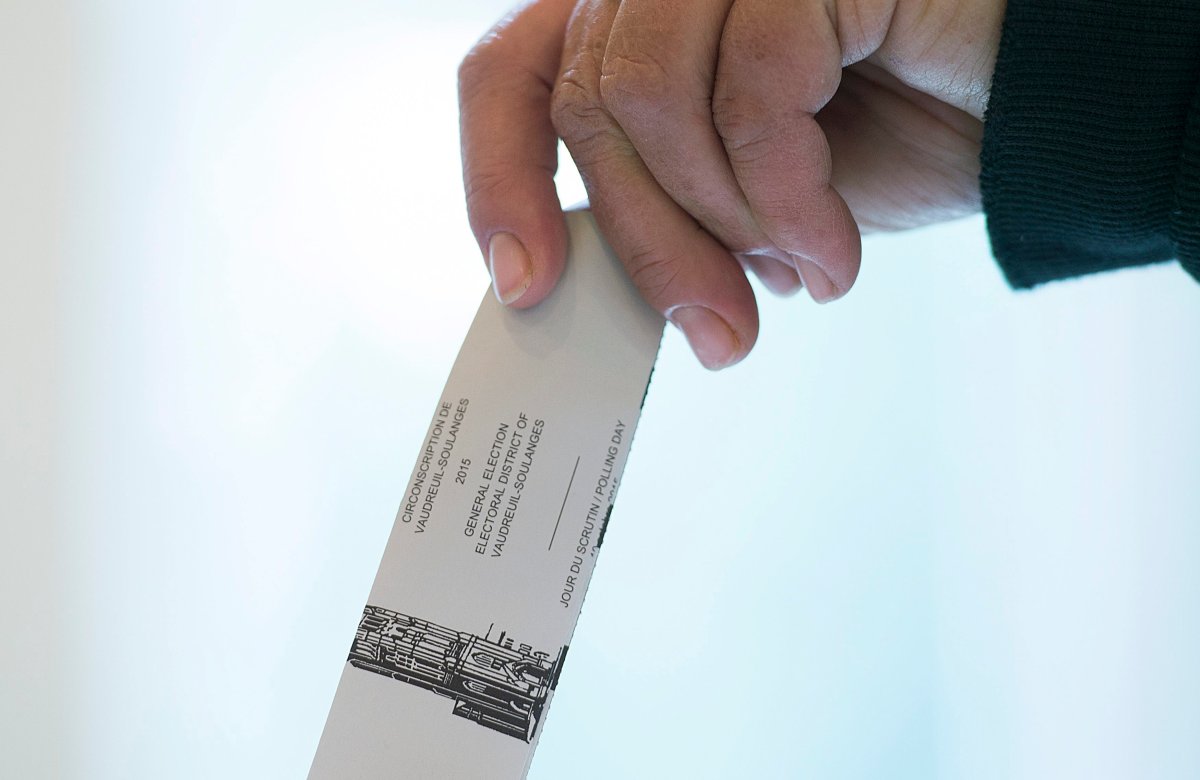Should voting in federal elections be mandatory?

More than half of British Columbians believe so, according to a new poll from Research Co.
The survey found that 57 per cent believe voting should be mandatory in federal elections, while 33 per cent disagreed and seven per cent were unsure.
According to the poll, support was highest among members of generation X (61 per cent) and baby boomers (60 per cent) and lowest among residents aged 18 to 34 (49 per cent).
Despite the support, mandatory voting likely won’t be coming to Canada any time soon. A 2016 committee examining electoral reform rejected the idea of implementing mandatory or online voting for federal elections.
WATCH (2016): Electoral reform committee recommends government not proceed with mandatory voting, online voting

The poll, which comes less than two months before the Oct. 21 federal election, also revealed significant cynicism among B.C. voters.
Just 24 per cent of respondents believed most federal politicians actually care about what happens to “people like me.”
And just two in five respondents agreed that “most federal politicians are trying to do the right thing.”
A full 58 per cent said no current federal political party represents their views, while 72 per cent said they believe most federal politicians need to toe their party’s line, rather than being able to act with autonomy.
The results are the product of an online study conducted from Aug. 7 to 10 among 800 adult British Columbians.
The data has been statistically weighted by age, gender and region according to the census and has a margin of error of 3.5 per cent, 19 times out of 20.




Comments